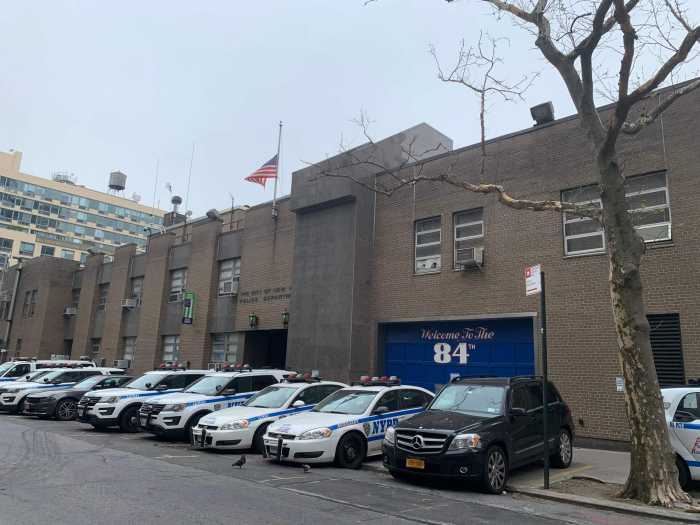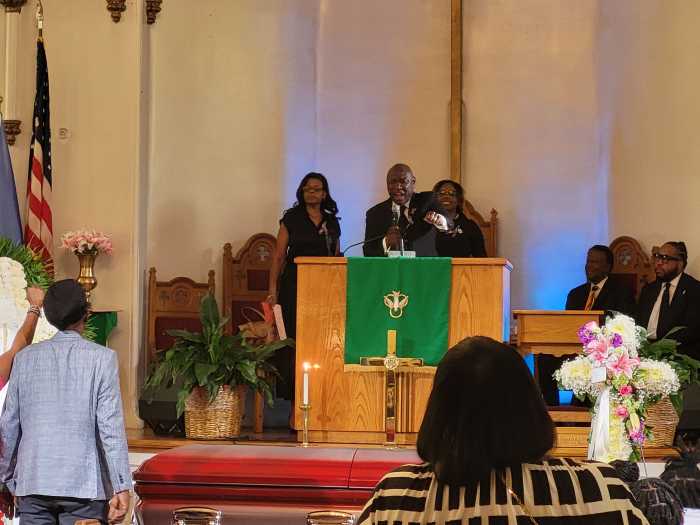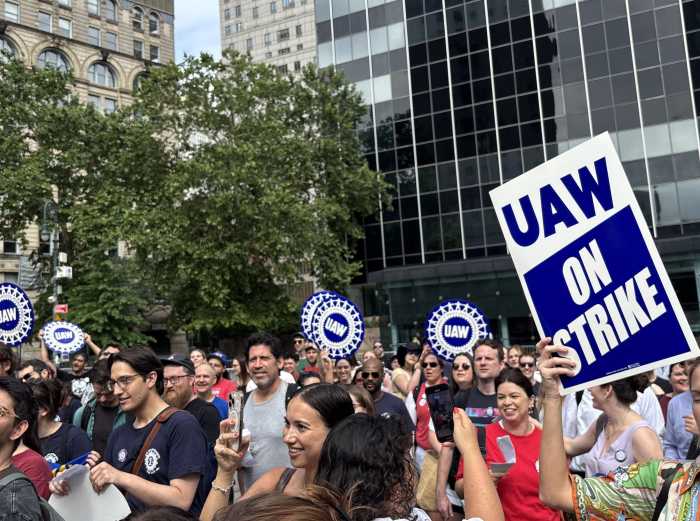Let’s be very clear on this point. The Gay City News endorsement in the 2004 presidential campaign was not intended as a lifetime appointment.
John Kerry, the junior senator from Massachusetts, was deep in red country last week—hosting a Louisiana forum on child healthcare, a good progressive issue if there ever were one—when he offered two unmistakable signals that he is itching to begin the 2008 campaign in earnest.
First, he made the upbeat observation that although he lost Louisiana last year, along with the rest of the South, he did better than Al Gore had done in the state in 2000. The senator, a sharp guy by any estimation, failed to mention that he lost the popular vote to George W. Bush nationwide by three and a half million votes, a tally Gore had won by half a million.
The more serious comment Kerry made—and the one of concern here—was his quarrel with his home state Democratic Party, which was set to hold its convention in Lowell at which it would endorse same-sex marriage in Massachusetts, accepting what has been a fact of life for the past year.
“I’m opposed to it being in the platform. I think it’s a mistake,” Kerry said on May 5 in Baton Rouge. “I think it’s the wrong thing, and I’m not sure it reflects the broad view of the Democratic Party in our state.”
To be sure, given his presidential aspirations and the seemingly boundless caution he has adopted in his recent political career, Kerry has been all over the map on gay marriage. In 1996, he joined only 13 of his Senate colleagues in standing up against the federal Defense of Marriage Act. He also opposes a federal constitutional amendment banning gay marriage. Yet, when the state Legislature in Massachusetts met last year in the first step of a three-year process that might lead to a state constitutional ballot question in 2006, Kerry bobbed and weaved and then finally said he supported an amendment to end same-sex marriage there if civil unions granting equivalent rights are instituted at the same time.
In that narrow sense, Kerry made no news last week in Louisiana.
But, of course he did make news.
He repudiated his home state party—and the clear will of its members. A poll released in March by the Boston Globe indicated that support for same-sex marriage has risen impressively in the Bay State since nuptials began last May 17. Breaking the numbers out by party affiliation, Democrats, who predominate in that state, support same-sex marriage by a margin of 71 to 24 percent. Even if Kerry were not yet ready to say he agreed with his fellow Democrats back home, he could at least have observed that as people in Massachusetts have lived with gay marriage, they have grown more comfortable with it. Maybe that could serve as a model for others to think about.
Instead, Kerry fanned the flames of suspicion that gay marriage is a plot among liberal elites who don’t understand American values. Rather than pointing to the demonstrably higher support the concept has among everyday Massachusetts voters, he strayed far from the truth and pandered to the prejudices he assumed were prevalent among his Baton Rouge audience—the state party’s stance does not “reflects the broad view of the Democratic Party in our state.”
The elites have run amok, in other words.
That is the true measure of John Kerry’s betrayal last week. He knew better, but he threw crumbs to the crowd, or perhaps from his patrician perspective, the rabble.
Among my progressive friends, I suspect I had more sympathy than average last year for John Kerry’s candidacy. Last October, when I saw “Going Upriver: The Long Journey of John Kerry,” a sympathetic account of his time in Vietnam and his role as an anti-war leader afterward, I was reminded of a courageous young man who stood for principle in a party that at times was able to summon the best in America.
We deserve better from John Kerry today, and from the Democrats and from America’s leaders.
gaycitynews.com































